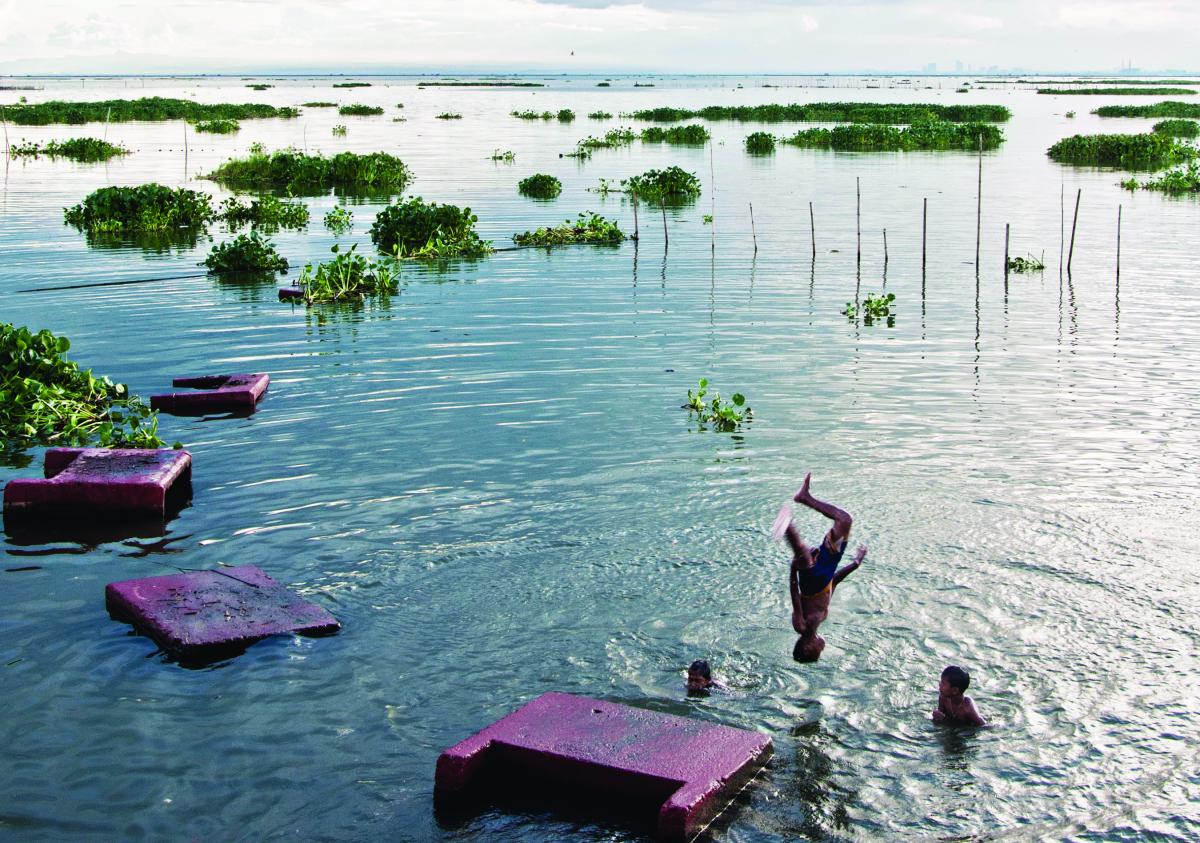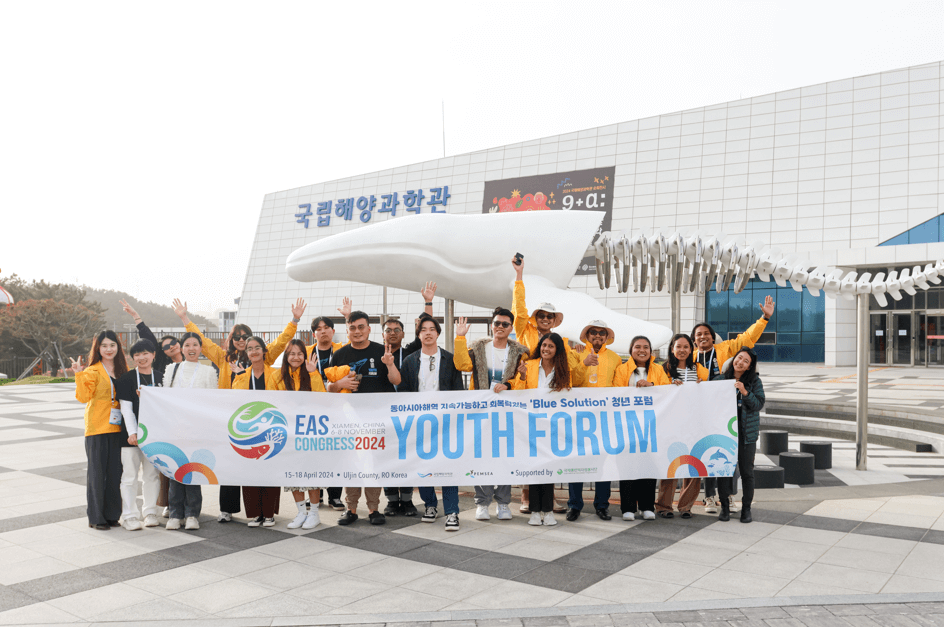Ecosystem Health Report Card launched for Laguna de Bay, Philippines
Friday, 19 February 2016

PEMSEA’s efforts in Manila Bay, Philippines, which started in 2000 through the implementation of the Manila Bay Environmental Management Project, adopted a watershed management approach engaging national agencies, local governments, academic institutions, the private sector and civil society groups. As part of PEMSEA’s continuing effort to support the government’s objective, as ordered by the Supreme Court, to clean, rehabilitate and preserve Manila Bay, PEMSEA is coordinating the implementation of a sub-component of the Global Environment Facility-funded Global Nutrient Cycling (GEF-GNC) Project, which aims to develop an overall nutrient reduction strategy for the Manila Bay watershed. Included in the project is the application and implementation of an ecosystem health report card for Laguna de Bay, the largest inland water body in the Philippines, which is connected to Manila Bay via the Pasig River.
The development of the first Laguna de Bay Ecosystem Health Report Card was built on a similar initiative implemented in Chilika Lake (India) under the GEF-GNC Project. The initiative was jointly implemented by PEMSEA and the Laguna Lake Development Authority in partnership with external experts from the University of the Philippines- Marine Science Institute, University of the Philippines-Los Baños, University of Santo Tomas, the Bureau of Fisheries and Aquatic Resources and the science communication team from the Integration and Application Network of the University of Maryland Centre for Environmental Science.
The ecosystem health report card is considered to be a transformative assessment and communication product that compares environmental data to scientific and management thresholds and is delivered to a wide range of audiences on a regular basis. The Laguna de Bay Ecosystem Health Report Card was designed to easily convey information to decisionmakers and stakeholders on the state of health of the lake environment. The report card measured indicators for water quality and fisheries to assess the overall quality of the lake ecosystem. The assessment was based on data for 2013, which came up with an overall ranking of 'C-' in water quality and 'F' in fisheries indicators. The results from the assessment are intended to inform policy and investment planning on the best management practices for improving the environmental quality of the lake, and thus the score rating over time.

On 5 February 2016, the report card was launched during the Stakeholders Forum on Nutrient Management that was co-hosted by the Global Partnership on Nutrient Management. The event was held at LLDA’s headquarters in Quezon City, Philippines and chaired by Secretary Nerius Acosta, Presidential Adviser for Environmental Protection and LLDA General Manager. In addition to the Project Steering Committee members of the GEF-GNC Project, the launching was attended by representatives from the national agencies (Department of Environment and Natural Resources, Department of Agriculture, Metropolitan Waterworks and Sewerage System), the two water concessionaires (Manila Water and Maynilad), the Mayor's League of Rizal Province, municipal fisherfolks through the Fisheries and Aquatic Resource Management Council, civil society groups (Federation of River Basin Councils, Society for the Conservation of Philippine Wetlands), the private sector (Water Environment Association of the Philippines, Pollution Control Association of the Philippines), the academe (Ateneo de Manila University, University of the Philippines, University of Santo Tomas), an international NGO (World Wide Fund for Nature) and the media.
Commitments to continue working collaboratively to implement actions and management interventions improving the health of Laguna de Bay were expressed by the different stakeholders. In the context of Manila Bay, improvements in the overall quality of the lake will translate into lesser pollutant loading into the bay.



